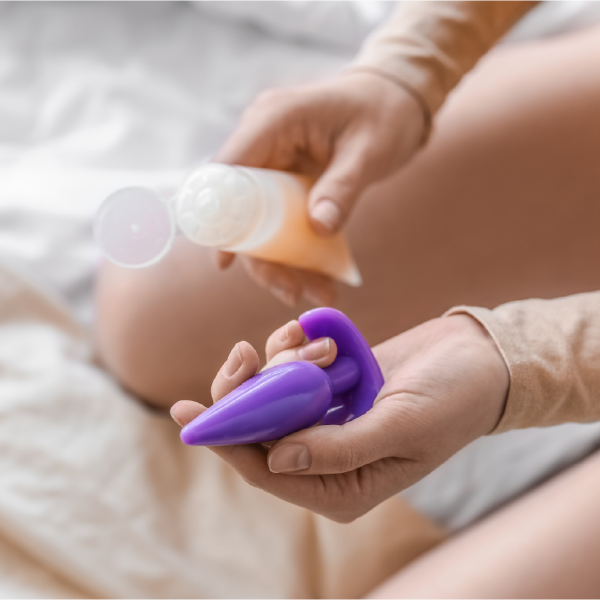- products
- Science
- wellness journal
- About Us
- Faqs
- Sustainability
- Contact Us
- Self Test
- English


Embrace your body, ignite intimacy, and unlock boundless pleasure.
Related Products
Get 10% off
on your first order
You’ll also get dibs and a heads up on any sales or product launches.
In case of consumer complaints or feedback, please contact us at +918448169222 or email at support@inyouwellness.com
Products
Desire In You
Daily Boost In You
Fire In You
Balance In You
Enlarge In You
Pelvic Power In You
Last Long In You
Address
Pure Supplements Private Limited
Office 303, Spaze Business Park, 3rd Floor, Sector-66 Gurgaon, Haryana, 122018
Designed by AKOI
Mystery Reward








